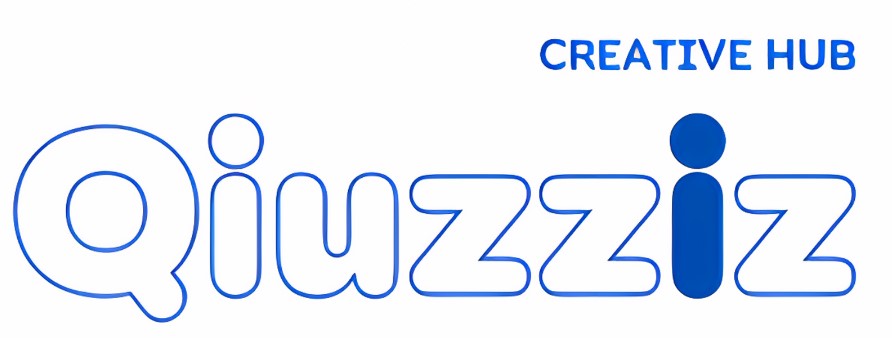Why EAPs Are Essential To Support Employees Mental Health?

In the current era, the prevalence of Eap employee assistance programs is on the rise, in response to the growing recognition of the importance of mental health support in the workplace. EAPs serve as confidential havens, offering counselling and assistance to employees grappling with personal or work-related mental mental health challenges. These programs connect individuals with licensed mental health professionals who provide guidance and support through various channels, including face-to-face sessions, telephonic consultations, and online counselling platforms.
EAP services are not only free but also confidential, ensuring that employees can openly address their concerns without fear of judgment or repercussions. As organisations prioritise the well-being of their workforce, the role of EAPs continues to expand, serving as invaluable resources in fostering a supportive and resilient workplace culture. In this article, we’ll learn the role of EAP on employee/’d mental mental health.
Increased Employee Satisfaction:
Implementing EAP services can significantly boost employee satisfaction levels within an organisation. When employees perceive that their employer prioritises their well-being, they are more likely to feel satisfied with their jobs and exhibit greater commitment to the organisation’s goals. Moreover, by offering resources aimed at managing stress and enhancing mental mental health, organisations demonstrate their unwavering dedication to fostering a supportive workplace culture. This commitment not only bolsters employee morale but also contributes to long-term organisational success by cultivating a loyal and engaged workforce.
Time and Cost Savings:
Implementing Employee Assistance Programs (EAPs) translates into significant time and cost savings for businesses. By prioritising employee safety and well-being, EAPs effectively mitigate workplace injuries and illnesses, resulting in a reduction in disability claims, labour disputes, mental health insurance claims, and workers’ compensation claims. This proactive approach minimises the time and financial resources otherwise expended on addressing these issues, allowing organisations to allocate resources more efficiently towards core business activities.
Work-Life Balance:
Striking a balance between work and personal life is crucial for employee satisfaction and well-being. EAPs offer valuable resources to support employees in achieving a mental health work-life balance, including time management strategies, flexible work arrangements, and access to wellness programs. By fostering an environment that promotes work-life balance, these programs enable employees to better manage their responsibilities and obligations, ultimately reducing stress levels and enhancing overall well-being. Investing in work-life balance initiatives not only benefits individual employees but also contributes to a more productive and resilient workforce, leading to greater organisational success.

Confidentiality:
Confidentiality stands as a cornerstone benefit of EAP services, ensuring employees can seek support and counselling in a secure and non-judgmental environment. This assurance of privacy is invaluable, particularly for individuals who may harbour concerns about stigma or discrimination when seeking help. The confidential nature of EAP services encourages open communication and empowers employees to address their mental mental health concerns without fear of reprisal. By safeguarding employee privacy, organisations uphold trust and respect, fostering a workplace culture that prioritises well-being and inclusivity.
Counselling and Support Services:
Employee Assistance Programs (EAPs) extend a diverse array of counselling and support services, accessible through the EAP helpline or by scheduling appointments with licensed mental health professionals. Confidentiality is paramount within these sessions, ensuring employees feel secure discussing their concerns without repercussions. EAP counselling aids individuals in navigating an array of issues, including depression, anxiety, substance abuse, and relationship conflicts. Through personalised guidance and support, employees can effectively address their mental mental health challenges, fostering a healthier and more resilient workforce.
Stress Management:
EAPs play a pivotal role in equipping employees with stress management tools and resources to mitigate the adverse effects of stress on mental mental health. Stress management workshops, relaxation techniques, and time management strategies are among the resources offered to empower employees in effectively coping with stressors. By imparting these invaluable skills, EAPs mitigate the risk of burnout, anxiety, and depression, promoting overall well-being and productivity in the workplace. By proactively addressing stress, organisations cultivate a culture of resilience and adaptability, enhancing employee satisfaction and retention.
Reduced Employee Absenteeism:
Utilising Employee Assistance Programs (EAPs) correlates with a decrease in employee absenteeism, particularly within highly engaged business units. By providing accessible resources to enhance well-being, employees experience fewer instances of illness-related absences. With improved health and support mechanisms in place, individuals are better equipped to manage physical and mental challenges, resulting in fewer disruptions to their work schedules. Moreover, the availability of EAP services enables employees to address issues promptly, minimising the impact on their attendance and overall productivity.
Enhanced Employee Retention:
EAPs play a pivotal role in bolstering employee retention rates by prioritising health and well-being. By supporting employees in maintaining optimal physical and mental health, organisations cultivate a positive work environment conducive to engagement and job satisfaction. This, in turn, fosters loyalty among employees, reducing turnover rates and preserving institutional knowledge. Maintaining a high retention rate is not only beneficial for morale but also yields substantial cost savings, as the expenses associated with recruiting and training new staff members can be significant. Investing in EAPs demonstrates a commitment to employee welfare and contributes to long-term organisational success.
Conclusion:
Employee Assistance Programs play a vital role in promoting mental health and well-being in the workplace. As organisations continue to prioritise employee mental health, investing in robust EAPs will remain essential for creating supportive and thriving work environments in the years to come. Also read more qiuzziz.us interesting articles.







